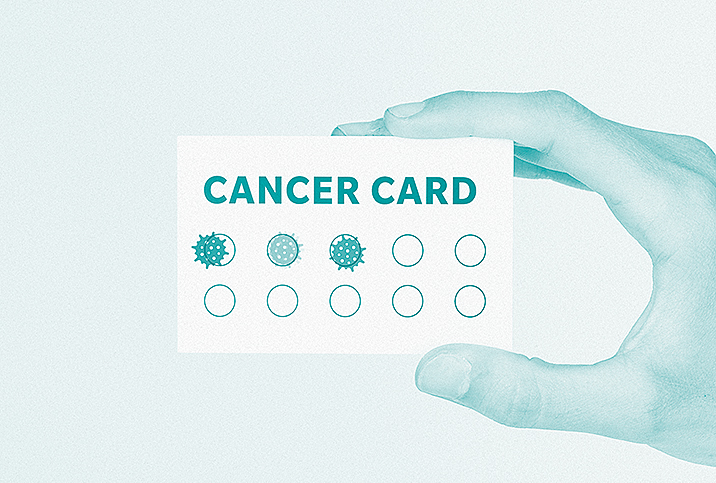Cervical Cancer: Sex After Recovery

According to the American Cancer Society, it's projected that roughly 14,500 new cases of cervical cancer will be diagnosed in the United States in 2021. Fortunately, cervical cancer is much easier to cure when caught early, and increased use of the Pap test to find problematic cells in the cervix has improved cervical cancer survival rates over the years.
However, cervical cancer survivors know that treatment and recovery are no walk in the park. Whether you opted for radiation, surgery or some combination of both, each treatment presents its own set of challenges post-cervical cancer.
Being mindful of the ways your body may have changed is crucial when thinking about resuming your sex life.
Tenderness and scarring from pelvic radiation
Radiation therapy can be rough on any part of the body, but especially on the soft tissues of the genitals. During treatment, the vulva area may be swollen and tender, and it can take several weeks for it to heal.
This tenderness can also extend to the inside of the vagina, which is why some people experience bleeding after sex, as the lining of the vagina is fragile during this time. When resuming sex, be gentle and exercise caution after radiation ends—even if you don't feel any pain at the time, you may still experience vaginal tearing.
Once the vulva and vagina are fully healed, scarring may be present. Scarring can result in the toughening and tightening of the vaginal tissue, which can cause pain during penetration because the vagina may stretch less than it did before. Take it slow and communicate with your partner about what feels uncomfortable. As for combating these effects of radiation, your doctor can help you put together a plan that may include exercises and vaginal wall stretching methods that can make for easier entry and less discomfort.
Menopausal symptoms from hysterectomy
Hysterectomies, or the removal of all or parts of the uterus, are often performed to treat cervical cancer. Many other female reproductive conditions can also be cured with a hysterectomy, including heavy periods, fibroids and endometriosis. One effect of a hysterectomy is that the vagina can be shortened, making lubrication and arousal especially important when having penetrative sex after this procedure as that allows the vaginal walls to stretch and move more easily. Foreplay is important!
When a person's hysterectomy includes an oophorectomy—a surgical procedure to remove one or both ovaries—they may experience menopause-like symptoms as the ovaries are the body's main producer of estrogen. These symptoms include vaginal dryness, lack of energy and low libido, all of which can lead to difficulty when trying to resume your sex life.
Fortunately, various types of hormone replacement therapies are now available that can help combat these symptoms. Your doctor can help you determine the best course of action for combating any menopausal symptoms you experience after your hysterectomy.
Practice pelvic rest and safe sex
You should practice strict pelvic rest (nothing in the vagina for any reason) until you get the green light from your surgeon. Having sex too soon can cause serious complications that could require emergency surgery, so follow postoperative instructions to the letter.
In this case, practicing safe sex means having open and honest communication with your partner and your doctor about any concerns you have about sex post-cervical cancer.
Your concerns are valid, and so is any pain you experience from the lingering effects of your cervical cancer treatments. Your doctor can help you form a plan to resume sex as safely and pleasurably as possible.


















